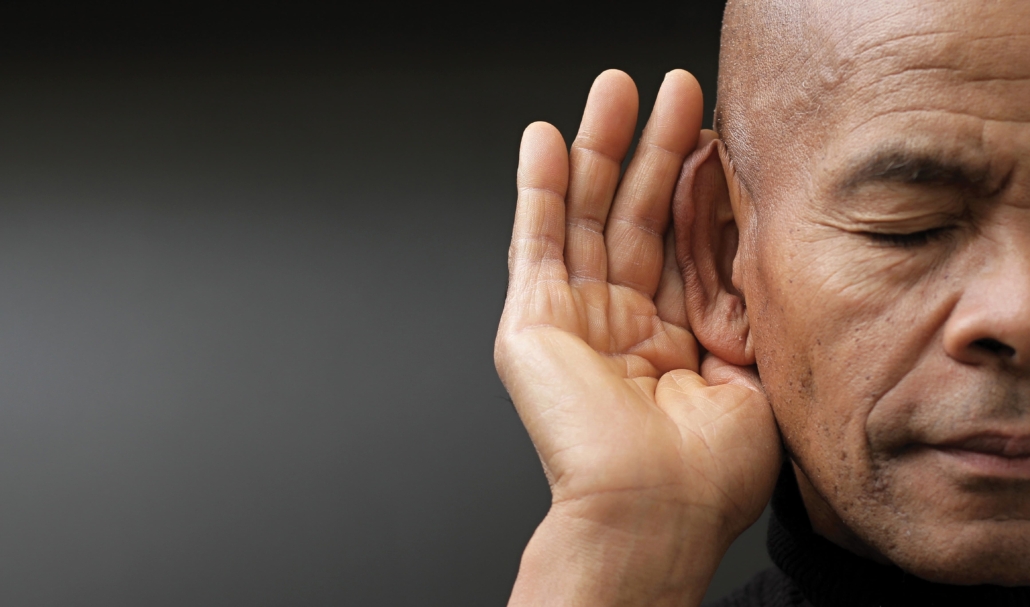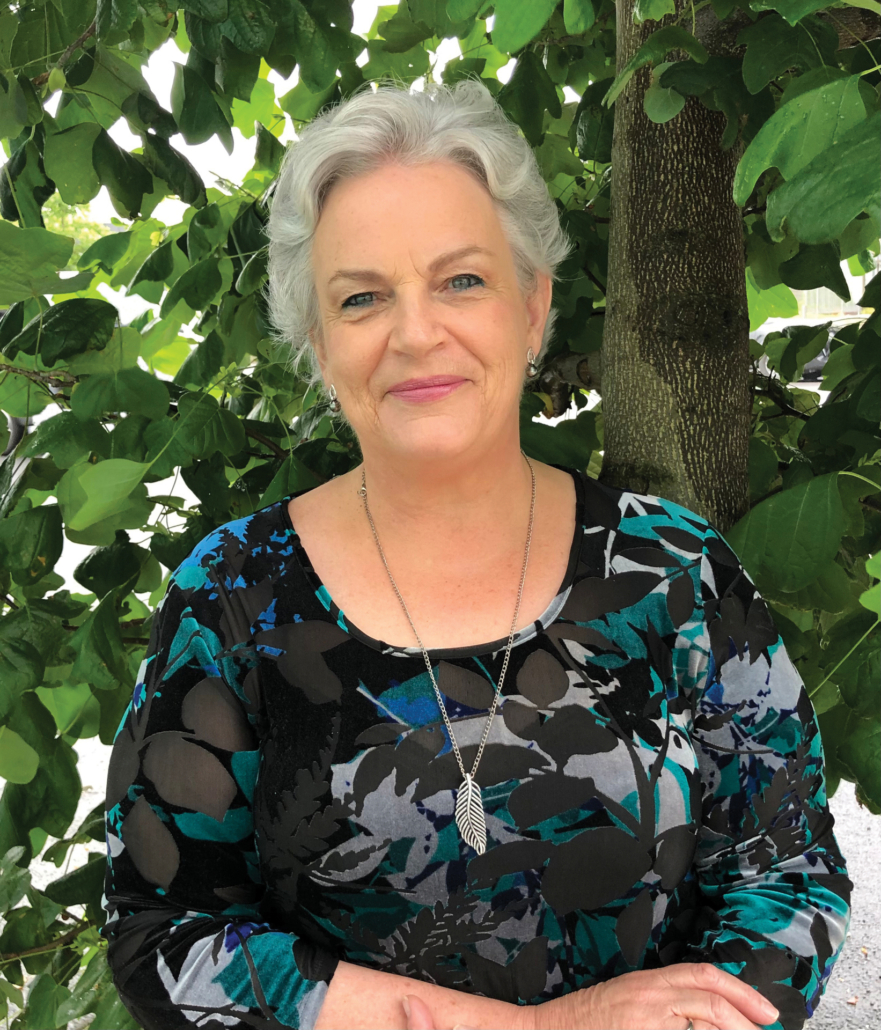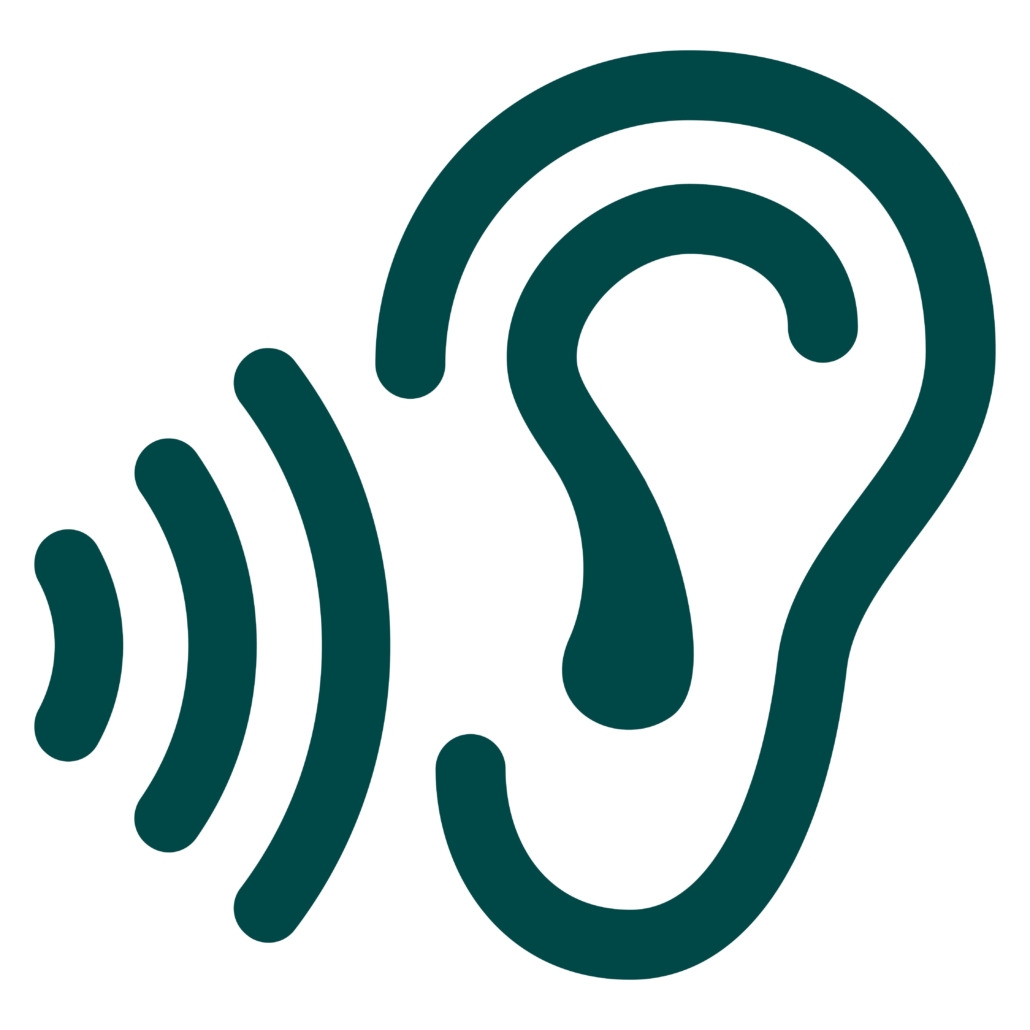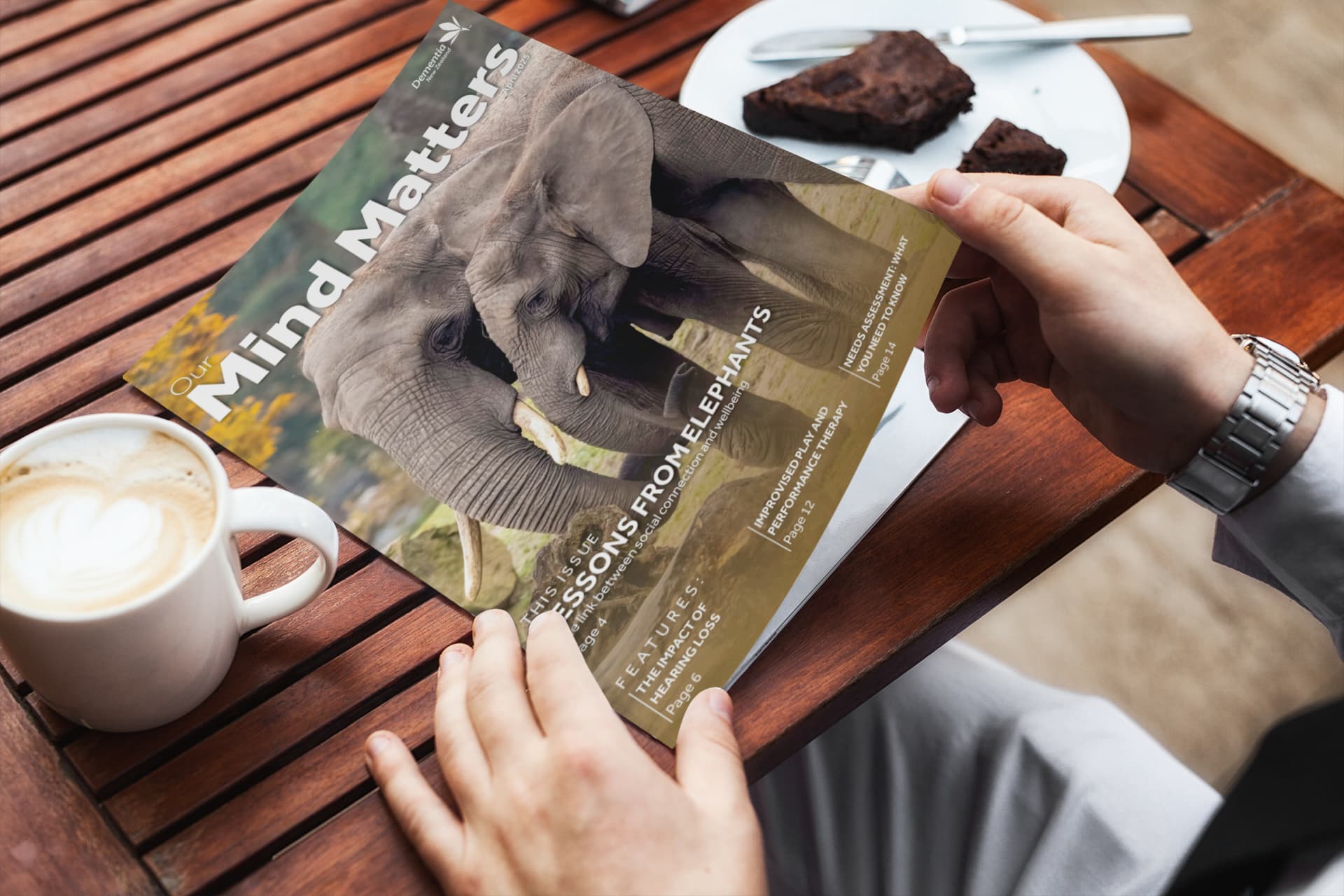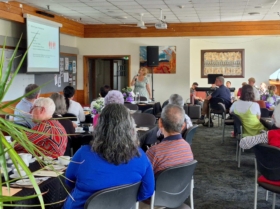The impact of hearing loss
Why focus on dementia on World Hearing day?
Aged Care Commissioner Carolyn Cooper posed this important question recently, as an increasing body of research shows that impaired hearing is a significant risk factor for developing dementia.
Over half a million New Zealanders live with age-related hearing losses – a number that is projected to increase by over fifty percent in the next 45 years.
Carolyn advocates for getting hearing checked, getting hearing aids if necessary, and using them. She acknowledges that affordability is a key barrier for some older people, and has made the recommendation in a recent report “to increase funding and subsidies for hearing aids, so that hearing health becomes a reality for everyone.”
She cites research that shows hearing loss increases the risk of developing dementia by 7 percent. Other risk factors include social isolation, hypertension, high cholesterol, diabetes, head injury, uncorrected vision loss, air pollution, lack of access to education, smoking, excessive alcohol consumption, and lack of exercise.
The Commissioner observed: “If we don’t intervene to limit hearing loss and other risk factors, the number of people with dementia mate wareware is set to double in the next 20 years.” Moreover, the numbers “will triple in that time for Māori and Pacific peoples.”
Research insights on ageing with hearing loss
In the early 2000’s a New Zealand War Pensions’ Medical Research Trust-funded project explored the predictors of hearing aid use in an older community by surveying 1,249 male veterans with an average age of 78.5 years. The Massey University research team reported that the perceived benefit, performance and ease of use of hearing aids were related to increased use.
Adherence to using hearing aids increased with age and degree of hearing loss. Whilst inexperienced wearers reported lower use. Satisfaction with audiological service provisions and overall satisfaction with the performance of the aid(s) were also linked to use. The researchers highlighted the need for ongoing support, particularly for novice hearing aid users.
Dr Judy Blakey from Aotearoa NZ Association of Gerontology explored how including social support might impact how the veterans coped with their hearing disability and how their mental and physical health related to quality of life.
Her doctoral research explored how a subsample of 671 male veterans and their female spouses accommodated living with the legacy of the veterans’ hearing losses and tinnitus (ringing in the ears). Analyses of the independently completed survey responses revealed that the spouses were acutely aware of the stigmatising impact of hearing loss, which reduced the veterans’ levels of comfort and confidence navigating their social environments and proved socially isolating for both partners.
More than half the veterans (380 men) reported waiting 20 years on average before seeking help for their communication difficulties.
Moreover, the 68 veterans who reported they had waited 40 years before acquiring their first aids also reported experiencing more pronounced hearing handicap, despite having lower levels of actual hearing impairment.
Hearing aids assist the complex brain processes associated with hearing, listening, comprehending and communicating – functions that require regular use to sustain optimal functioning as we age.
HEARING HEALTH CHECK LIST
Get a hearing check:
Government-funded Your Way | Kia Roha offers those aged 16+ free hearing tests, information on accessing hearing aid funding, and more. Some private audiologists also provide free hearing checks.
Access support:
The NZ Government Guide to Getting Hearing Aids provides information about the NZ Hearing Aid Subsidy which helps residents aged 16+ with permanent hearing loss not eligible for other funding. Community Services Card holders who meet other requirements could access funding via the NZ Hearing Aid Funding Scheme.
Use your hearing aids:
They’re no good sitting in a drawer or on a shelf. Book follow ups with an audiologist or other registered clinicians to resolve problems.
This article was originally published in Our Mind Matters Magazine Issue #42.
